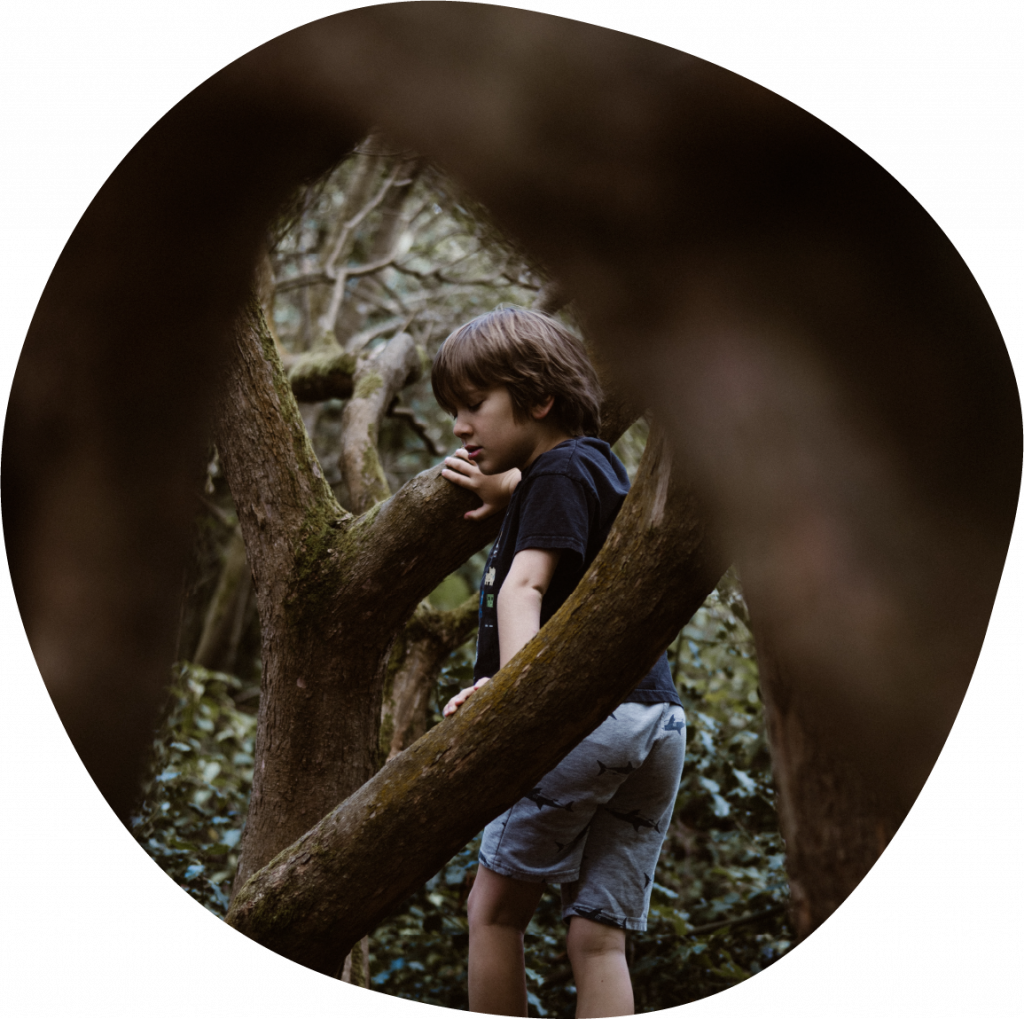How to support children who witness a traumatic death
When a child or young person witnesses a traumatic event, such as a suicide-related incident involving a stranger, they can have all the same emotional and physical responses as an adult. However, their understanding and ability to express their grief may be different.
With the help of Winston’s Wish, an organisation that supports bereaved children and their families, we have put together some advice on how to support children.

Help the child to understand what has happened
All children will react differently – some will want to talk about what they have seen and some will not want to discuss it yet, or at all. Encourage the child to talk when they are ready. Some children may need just the basic information – that someone has died – and others will need more detail about the death. Be prepared to add more information as time goes on and the child is ready to hear it.
It is important to be truthful and open. Remember that talking about it will not make the situation worse but can help to make sense of the event for the child. If a child asks a question that you’re not sure how to answer, it’s okay to say “I don’t know, but I’ll find out and let you know”. Just make sure it’s followed up after.
Try to make things normal for the child
Experiencing a traumatic event can make a child feel fearful of what is going to happen. It is helpful to offer lots of reassurance and remind them that what they are feeling is okay. Maintaining the child’s usual routines can help them to feel safe and secure. Some children may not want to return to school immediately, whereas others will be keen to return soon. Try to continue to go to school, to eat and sleep at regular times and have time for play and fun.
Talk to the child’s teachers if you can, so that they can look out for any unusual behaviour and provide support during school hours. The child may also find it easier to talk to adults outside the home, so it is good for teachers to be aware of what has happened.
Be prepared for change
Children may move in and out of their need for support. Also, as time goes by, some children may return to the incident, asking more questions as they process events as an older child. This is also normal behaviour; readdressing what has happened in the past is a helpful way to support the child to understand it and learn how to manage the feelings it may evoke.
Know when to get more help
Most children will be able to find ways to manage their experience of a traumatic incident with help from family, friends and other people in their life. If you are worried that a child may need more specialist help, then the GP is a good first point of call.
You can also call the Winston’s Wish helpline on 08088 020 021 or visit their website for more information on talking to children about the death.
